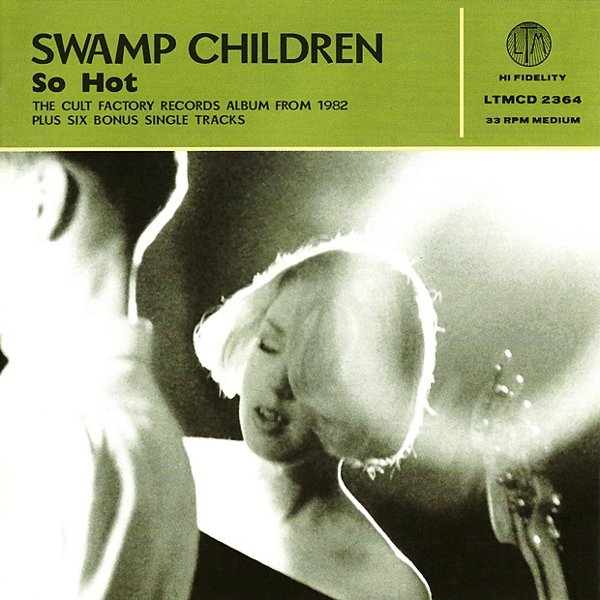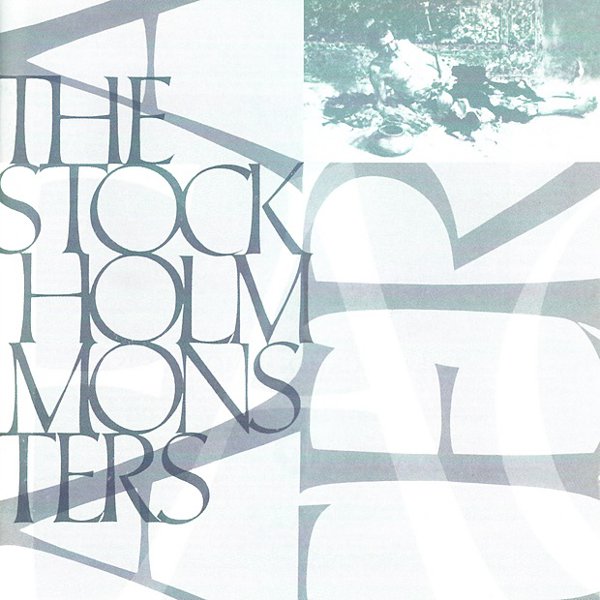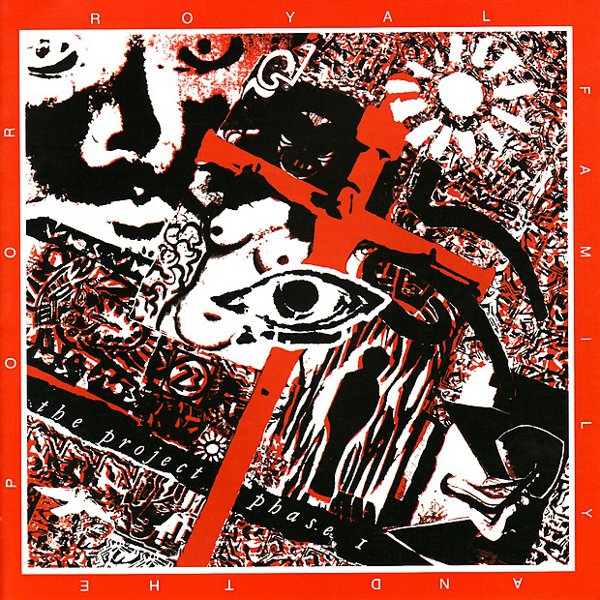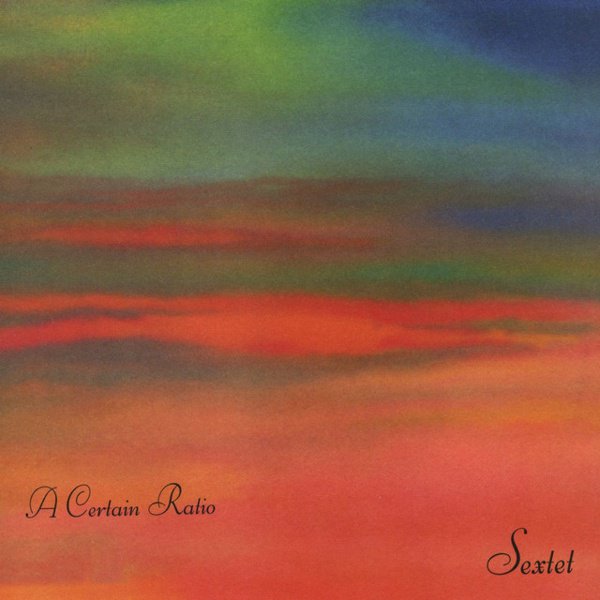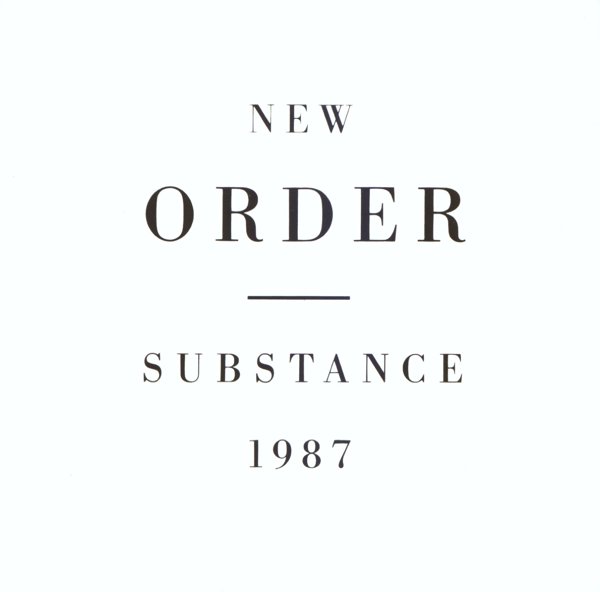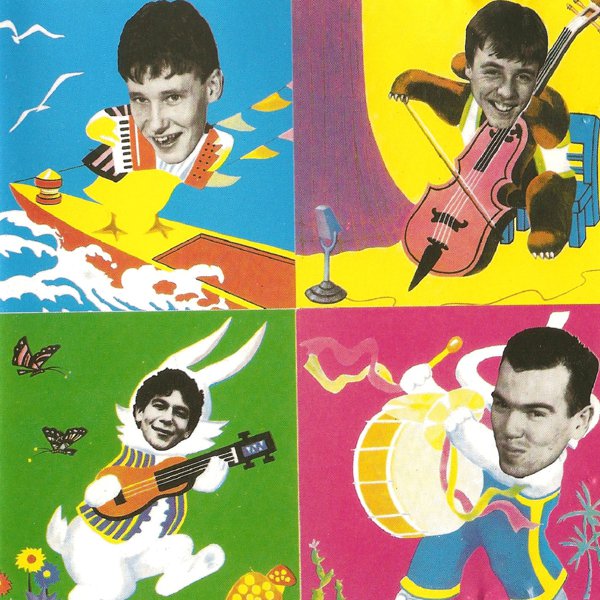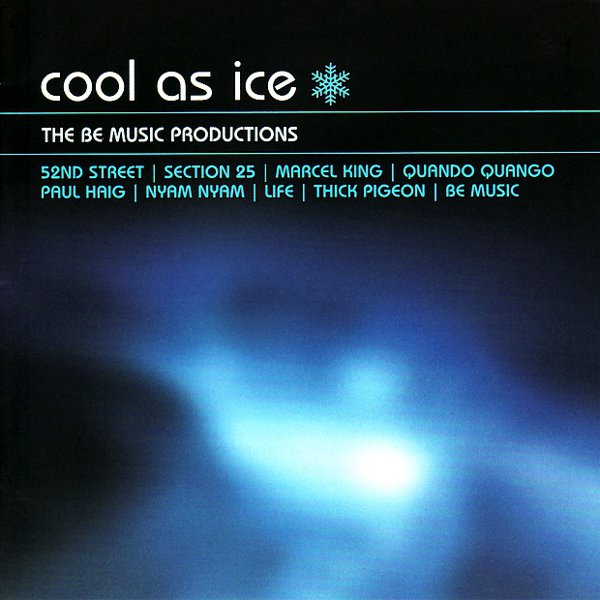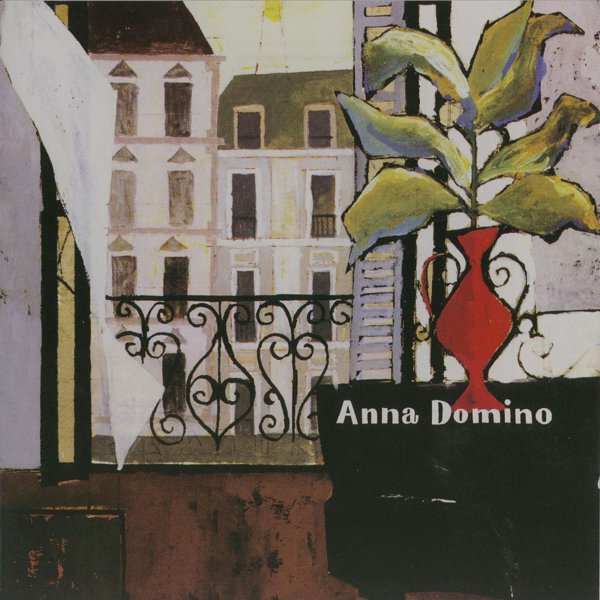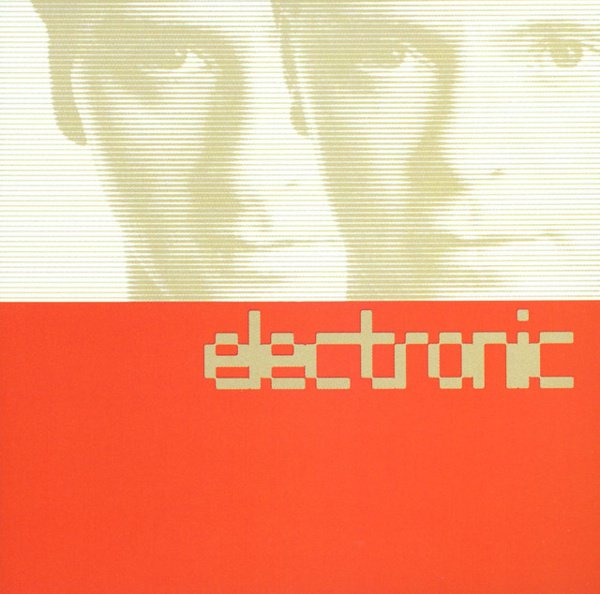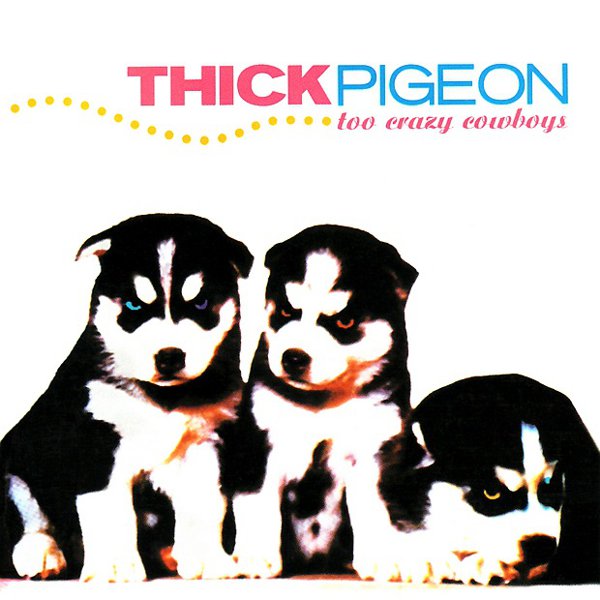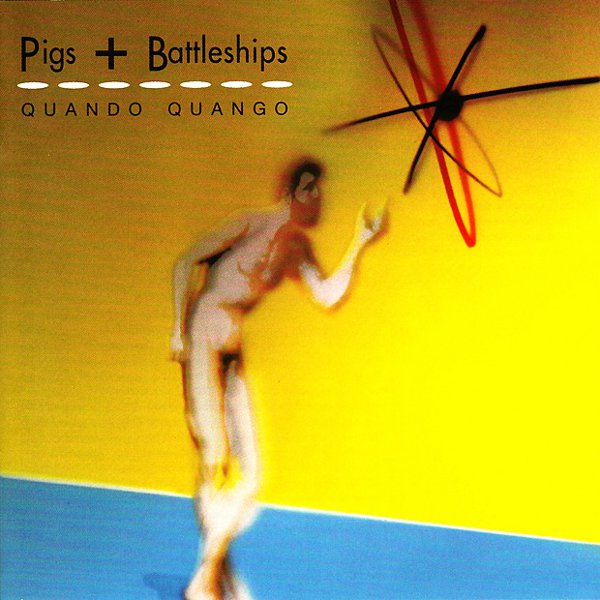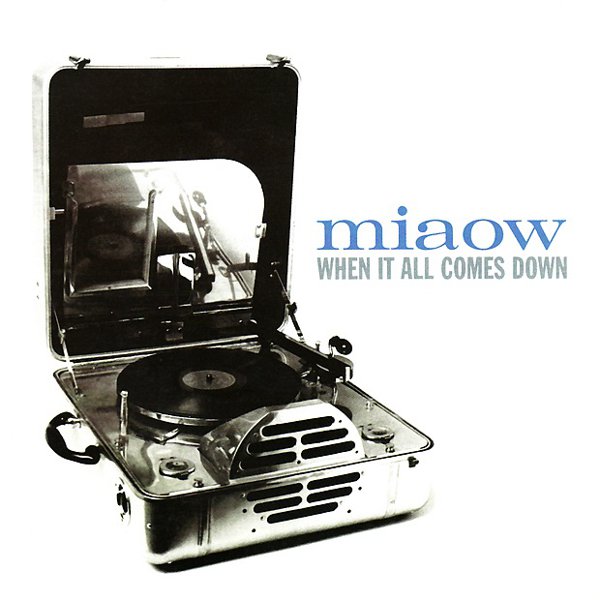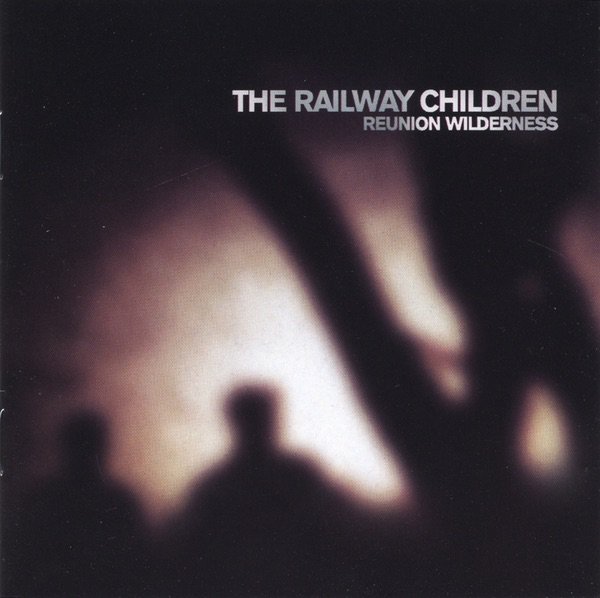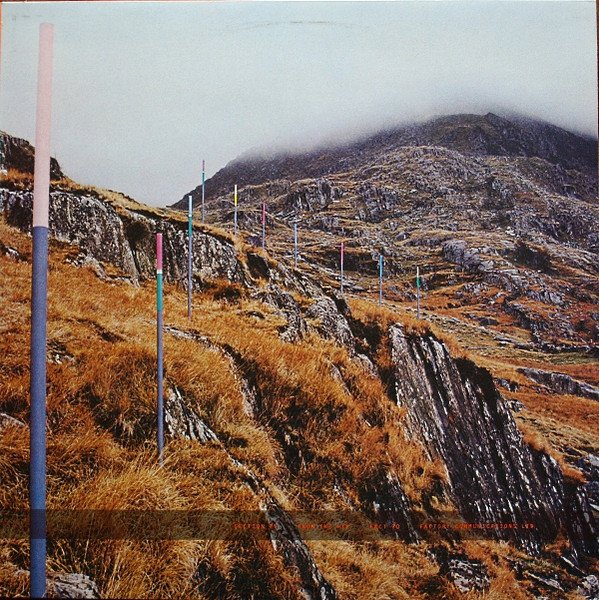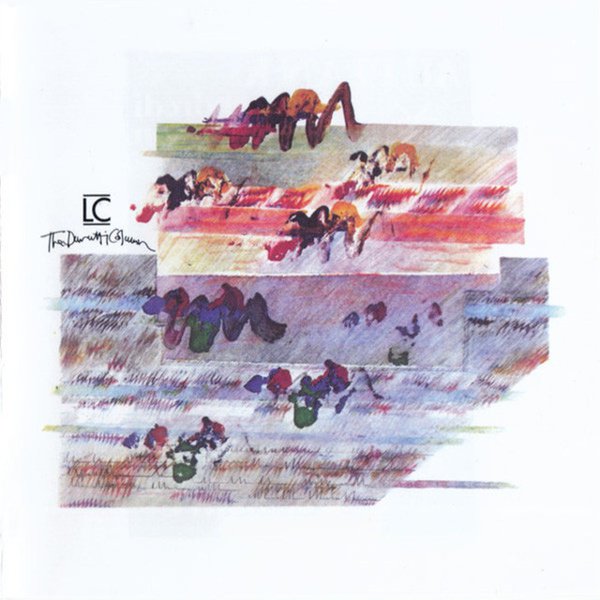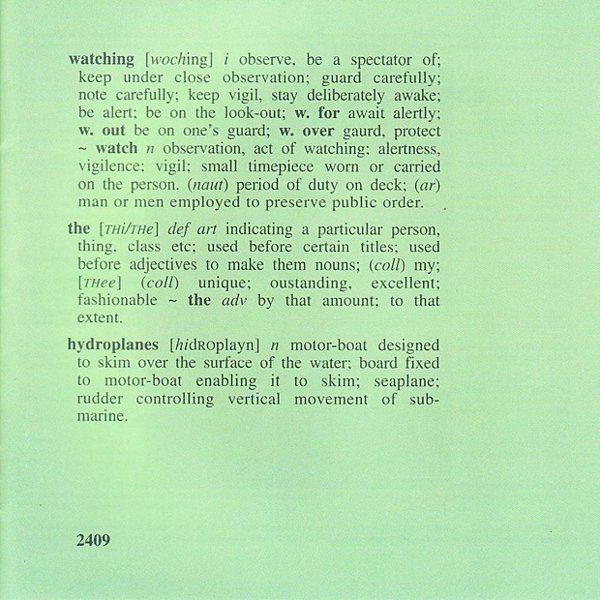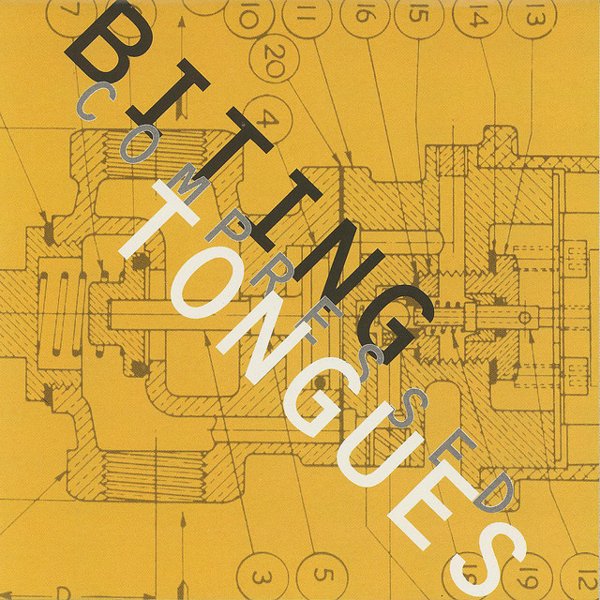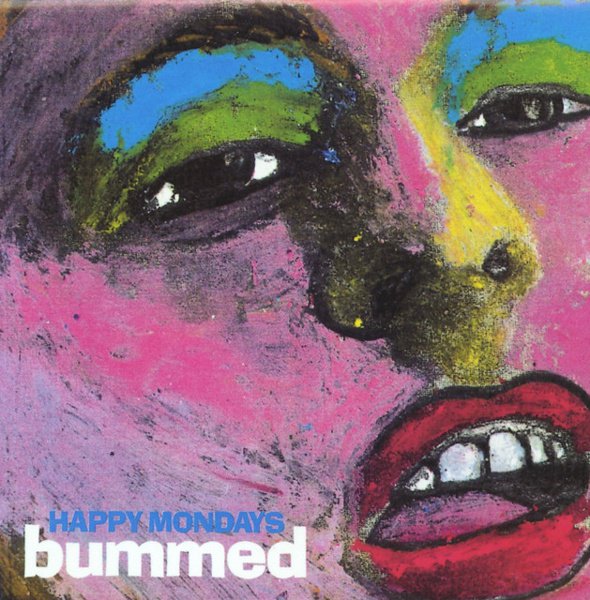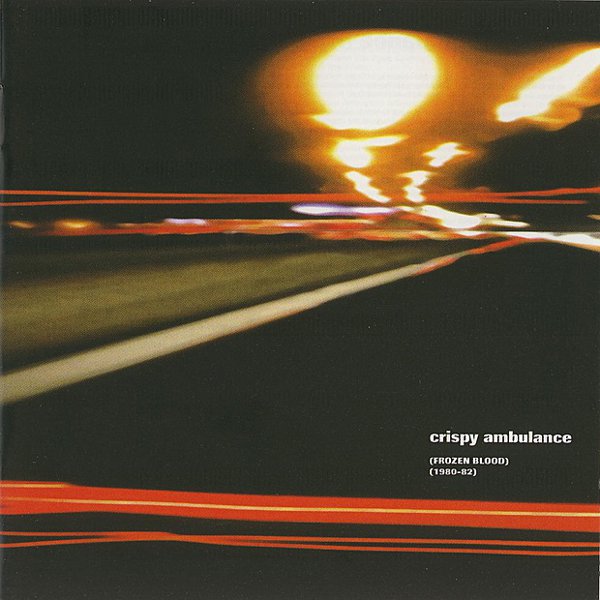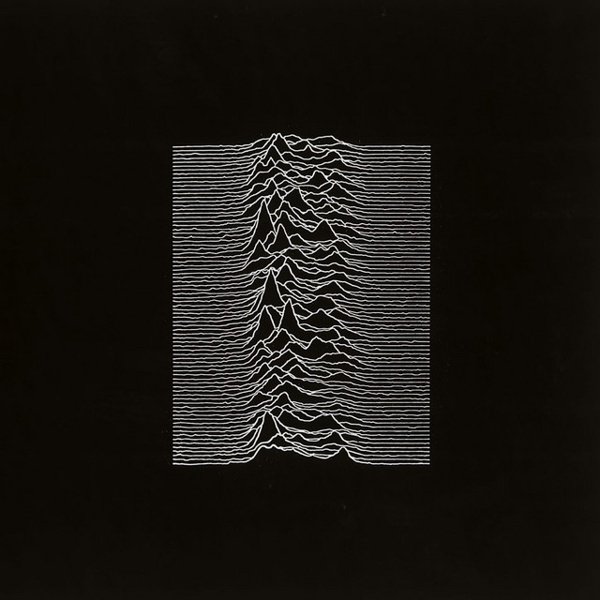Few independent English-language record labels achieved so much subcultural cachet and made as great of an impact on multiple fronts as did Factory Records. Not quite making it to a decade and a half of existence, the Manchester-based label, formed in the ferment of punk in the UK, was somehow simultaneously a brilliant art and conceptual project (its catalog numbers, famously, applied not just to music releases but everything from posters to packing tape to lawsuits to music press articles and more), a booster for local acts that gained a worldwide following and ultimately shaped popular music in numerous ways, and a chaotic business model money-wise that wouldn’t’ve lasted as long as it did without a lot of luck. Remembered in numerous autobiographies and music histories and the sole or partial subject of feature films, Factory and its main cofounders, local TV broadcaster and public face Tony Wilson and actor and activist Alan Erasmus, have become legendary, but the reality rests primarily on its series of remarkable albums and singles.
Founded in late 1978 after a series of successful club nights Wilson and Erasmus ran called the Factory, the label, run out of Erasmus’s home, debuted with the A Factory Sample compilation EP, the first of many such collections over time. It was also the debut appearance of two other key figures helping to shape the label’s early identity: producer Martin Hannett and graphic designer Peter Saville. Its first full album was by the Durutti Column, focusing on the spare and beautiful guitar playing of main figure and label constant Vini Reilly, but no question which band in two incarnations became the keystone of Factory. Managed by another key early Factory figure, Rob Gretton, Joy Division, who after two dramatically powerful albums and the early death of lead singer Ian Curtis transformed into electronic dance rock experimenters New Order, ultimately became almost mythical. Besides keeping the label generally afloat and acting as mentors and producers for many other acts, its members, along with Gretton and Factory, founded a famed concert venue and dance club, the Haçienda.
Factory itself never stopped looking to sign and work with numerous other bands, most often looking locally. Occasionally figures like New York’s Thick Pigeon and Anna Domino and California’s Abecedarians might release efforts, but primary acts were always from the greater Manchester area, early on including A Certain Ratio (and related band Swamp Children, later renamed Kalima), Section 25, 52nd Street and Stockholm Monsters. The latter were among other bands, like Quando Quango and Tunnelvision, that primarily released singles and at most one album, but they all collectively furthered the label’s reputation. By 1985 another local act made its first Factory appearance with a debut EP: the Happy Mondays, whose twisted and scabrous funk rock approach would mutate over time though a series of albums and singles that would make the band iconic figures via the Haçienda-driven ‘Madchester’ scene, one of the centers of the rave and techno explosion in the late 1980s and 1990s.
New Order, as much a founding force of said scene as anything else, scored Factory’s first number 1 UK chart single in 1990 with their theme for the English efforts in the World Cup that year, “World In Motion,” while its members started on various solo projects as well, most notably Bernard Sumner’s collaboration with Smiths veteran Johnny Marr, Electronic. While other acts like the Railway Children, Miaow (and, solo, its lead figure Cath Carroll), Northside and the Adventure Babies released efforts during these latter years – and Factory itself started a quixotic but intriguing sub-label focusing on classical musicians and recordings – the label’s luck turned for the worse in the early 1990s. Iconic figures like Hannett died while the expenses of the Haçienda and a new label headquarters, plus cost overruns on new albums by both the Happy Mondays and New Order, ultimately led to Factory’s late 1992 bankruptcy. Tony Wilson worked on different projects carrying the Factory aesthetic and often the name forward, musically and otherwise, and continued to boost Manchester as a creative center until his passing from cancer in 2007.
As of 2022, a number of Factory stalwarts continued to perform and/or record in various incarnations, including New Order (and, separately, now ex-member Peter Hook), the Happy Mondays, A Certain Ratio and Section 25. Combined with a series of box set overviews as well as comprehensive rereleases over time of the label’s material, in large part due to the continuing work of James Nice via his own LTM label and then working with the affiliated Factory Benelux imprint on archival presentations, and the general inspiration Factory had on indie rock labels like the US’s Teenbeat to the fact that Saville’s design for Joy Division’s Unknown Pleasures has become a key part of modern iconography, it’s not a bad legacy in the slightest.

